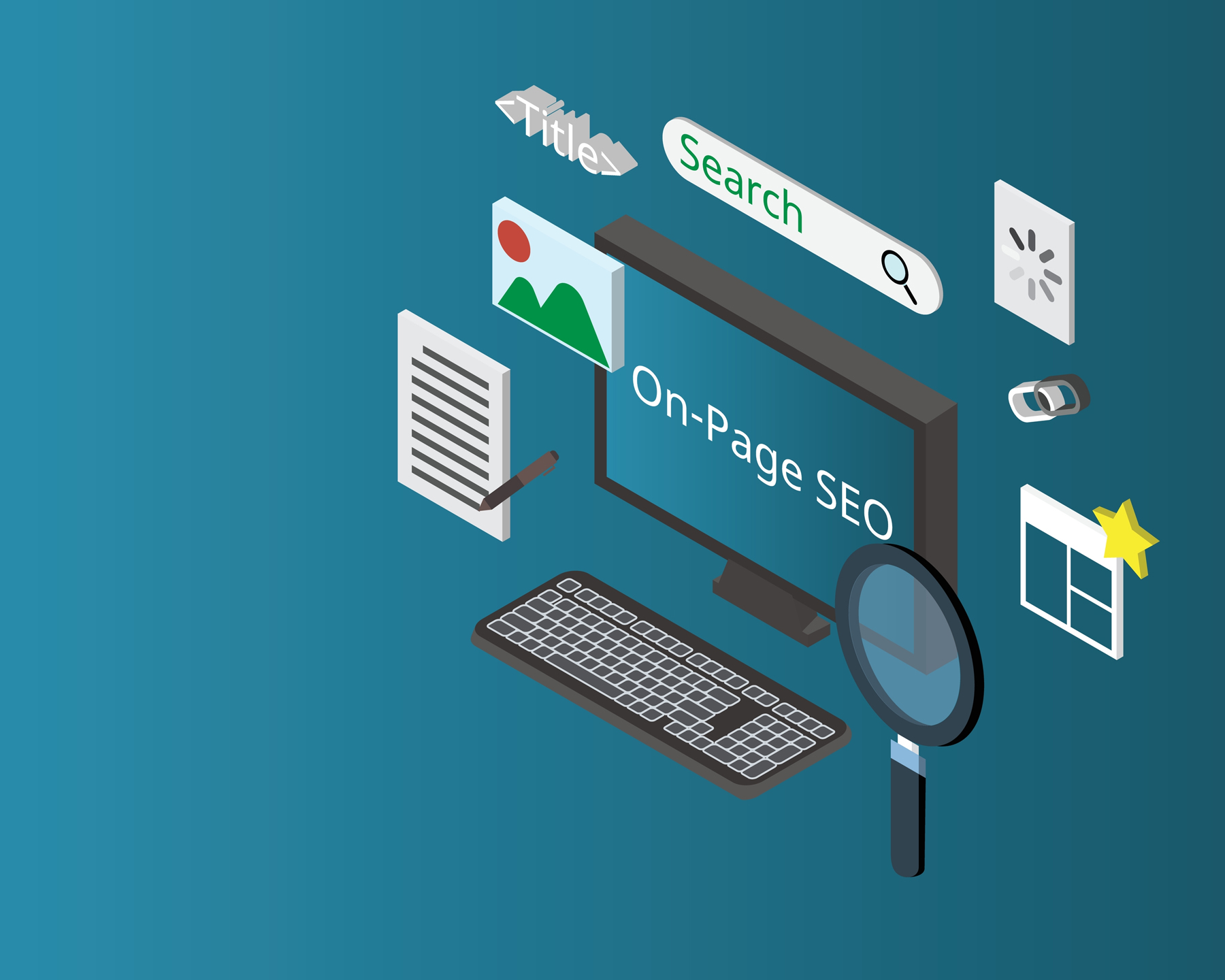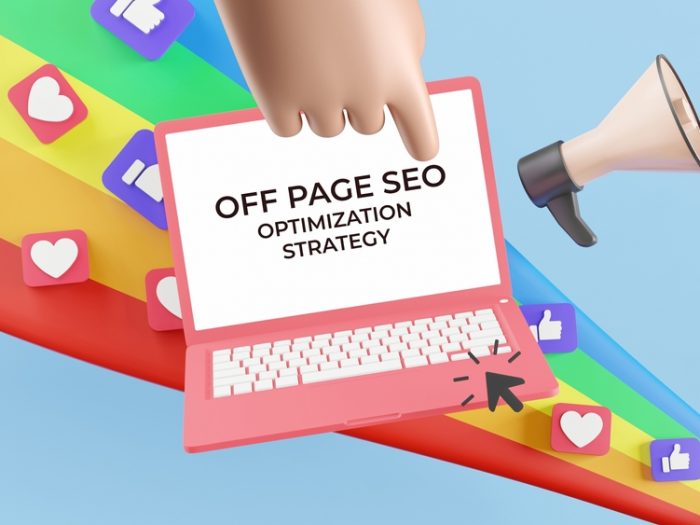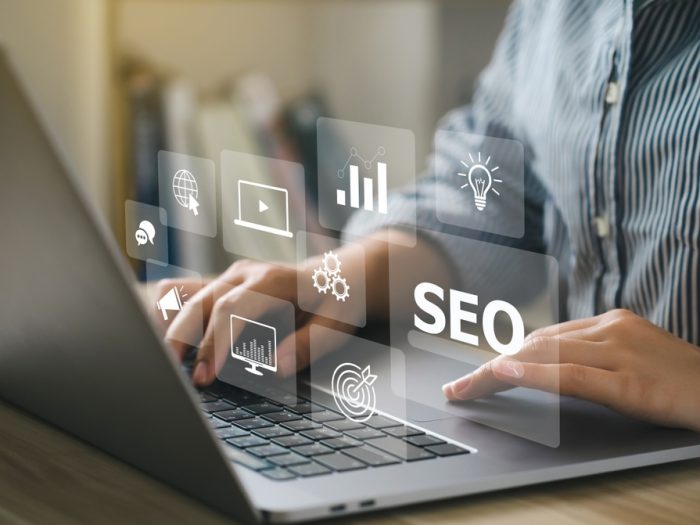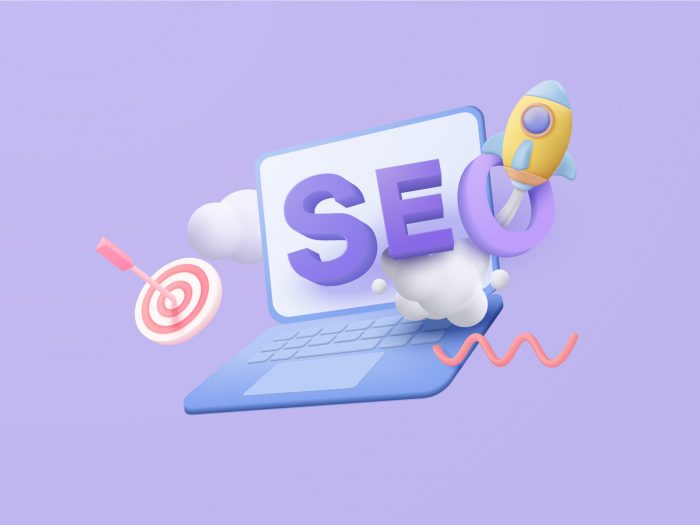A great internet marketing strategy is impossible if you don’t have the right keywords or content optimization for search engines like Google, Bing and Yahoo! Onsite SEO means making sure that your website meets all of these demands; off site consumption promotes an optimized web presence through social media campaigns along with proper branding efforts so people will find us when they’re searching (and buying) online – but there’s more than just this one aspect at play here…
We all want to grow our businesses, but with so many things vying for attention it can be hard. One way you might stand out from the crowd and get more customers is by using SEO techniques like onsite or off-site optimization which help people find your site via search engines when they do searches – this means higher conversion rates! To make sure that everything runs smoothly in terms of getting top placement during these endeavors we’ve put together some helpful tips below:
What Is On-Page SEO?
In order to rank high in search engine results, it is important that you optimize your site with onsite SEO. On-page optimization includes content and HTML elements like titles and headings as well as the design of pages themselves – all designed for a successful Googlebot crawl!
How To Begin On-Page SEO On Your Website
Onsite SEO is more than just keywords and content. It includes a range of factors that are employed to improve ranking in search engine results pages (SERPs). These include conducting research into specific algorithms, implementing technical tweaks for site architecture or page layout — all the way up through optimizing images usingalt tags!
1. Optimise Your URL Structure
Optimized urls help Google understand what your website is about. These keywords should be included in the URL so that it can rank for those terms, too!
use a hyphen to break up long URLs so they’re easier on the eyes and remember what you are clicking.
break it up into short segments that make sense, like this one-page website about how.
2.Optimise Page Tags
Title tags are used to describe the content of your website. They appear as headings on search engines and help refine traffic by influencing click-through rates, so it’s important that they have a keyword or two in their titles (no more than 10). The title tag cannot exceed 60 characters but should be limited down quite nicely with some formatting like bolding etc., which will make them easier for visitors who use these tools when looking at websites from google.”
3. Optimise Meta Descriptions
This is a short summary of what to expect below the title tag. It contains one or two keywords that pertain specifically in this passage, and it uses symbols like &%, – hyphens (#) as well not spaces between words where possible because they can create unwanted clutter on web pages:
This text should be kept at 160 characters maximum with optimal brevity so readers will feel compelled enough by its compelling relevance against their time constraints while scrolling through feeds.
4. Optimise Page Headers
The use of keywords in your website’s headings can help improve the user experience because visitors quickly grasp what they’re looking at. You should stick with either short or long-tail phrases for best results, and make sure that you include relevant words such as “about” near articles explaining details on an organization’s services offered through their site.
5. Optimise Alt Texts
The image of a headless body builder with muscles spilling out onto the floor is not exactly aesthetically pleasing. It’s hard to know what it might be about without reading more, but there must have been some sort cultural tradition where these people were competing before they became extinct or something along those lines because who knows how long ago this actually happened?
6. Optimise Your Internal Links
It’s important to create a connected web page so Google will know how helpful your website is. You can link content from different pages together or use internal links, which are invisible by default but show up when you hover over them with JavaScript enabled on the browser of any device accessing this site.
In order for visitors as well as search engines alike understand what information belongs where on our webpage we need good old fashioned linking!
What Is Off-Page SEO?
The process of offsite SEO is a lot like building up an island. You need to build links from other sites that rank well for your keywords, and then you’ll be able to provide Google with good content so they see how authoritative you are in this industry!
How To Begin Off-Page SEO On Your Website
Offsite SEO is a powerful tool that can be used to increase your rankings in search engines. You should use this form of optimization if you want more traffic and an higher conversion rate on website leads or sales opportunities.
For example, sending ads out across social media platforms with specific targeting options will make sure they reach only people who have expressed interest before-hand through their online activity; adding enriched keywords onto web pages helps generate natural backlinks from sites where those particular words were utilized by visitors.
1. Building Links
Link building is the process of getting backlinks to your website. Link-building will help you rank on Google’s first SERP, earn credits with search engines for it and boost traffic by making sure that other sites know about what kind information they can find there too!
2. Guest Posts
Guest blogging is a great way to get your website in front of new people and build links. Not only does it help you gain more attention, but also increases traffic for the site as well!
3. Social Links
There is no denying that social media has become a necessary tool for businesses to grow their following and make an impact. As such, it’s important not only when implementing SEO but also engaging with your customers through these channels so as you can better reach out according what they want from the company!
Likewise, you could add social share plugins to your website. So visitors on the site will be able share content with their friends and draw in new people who might not have found out about it otherwise!
If you’re not seeing the results that should be coming from your SEO strategies, it’s time to reach out and ask for help. We’ll provide on-site or off site optimization services tailored just right for what suits best with our clients’ needs in mind!
The future is bright for those who invest in their SEO strategy. Just contact us for more information how we do things here at our SEO Agency.






